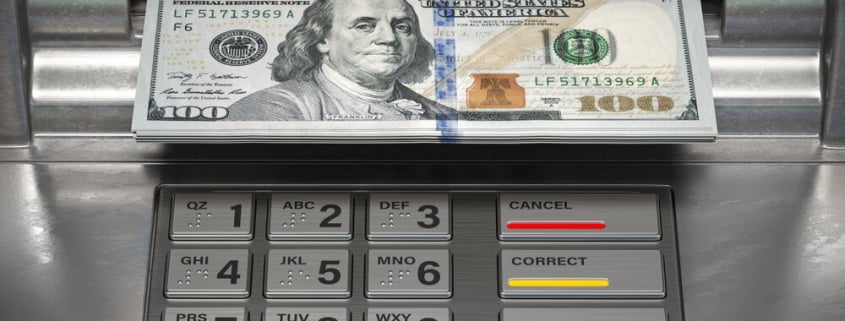A new administration usually means that tax code changes are coming. While it remains unclear exactly what tax changes President Biden’s administration will propose and what Congress will approve, two possibilities are that estate tax exemption will be reduced and the stepped-up basis on death will be eliminated. The first would affect only multi-millionaires, but the second could have an impact on more modest estates and their heirs.
Read moreFavorable regulations to continue until July 2021
For many years, New York didn’t have a look-back period for Medicaid home care. That’s right, an applicant could give away all his or her assets and then apply for Medicaid community-based care the following month, without penalty.
Read morePets are members of the family, so it is important to consider how to provide for them in your estate plan just as you would the human family members.
While we may think of pets as part of our family, the law considers them to be property. This means that you cannot leave anything in your will directly to a pet. The following are some steps to take to make sure your pet is protected:
Read moreby Staff
COVID vaccines are starting to roll out to nursing homes across the country, signaling the beginning of the end of the pandemic. Once your loved one has had both doses of the vaccine, you may be able to visit, but precautions are still necessary.
Read moreby Staff
If you are experiencing financial hardship due to the coronavirus pandemic, you may want to consider withdrawing money from your retirement account while you still can. The special exemption allowing early withdrawals without a penalty ends soon.
Read moreAPPLICANTS SHOULD TAKE ADVANTAGE OF ‘EXTRA TIME’ TO APPLY WHILE FAVORABLE RULES REMAIN IN EFFECT
by Louis Pierro and Frank Hemming III
For many years, New York didn’t have a look-back period for Medicaid home care. That’s right, an applicant could give away all his or her assets and then apply for Medicaid community-based care the following month, without penalty.
Read moreHow Do I Protect My Right to Continue Living in My Son and Daughter-in-Law’s House if Something Were to Happen to My Son?
By Pierro, Connor, & Strauss, LLC.
QUESTION:
My son and daughter-in-law bought a house with a “granny flat” attached. I gifted them the money for the down payment and in return, I can live in the granny flat until my passing. My daughter-in-law and I do not always get along. How can I protect my right to live on the property should anything happen to my son?
Read moreCan I transfer my interest in a house my parents own in a Life Estate without affecting their Medicaid?
QUESTION:
My parents have a life estate in a home that they gifted to me six years ago. I want to transfer the home to my brother. My parents own a dog that has been deemed dangerous, and I don’t want the liability of owning the home. If we transfer the house, will the Medicaid look-back include this change?
PETER’S ANSWER:
There are two issues here. First, the basic question is whether you have any liability if the dog were to bite and harm someone. The answer is no. It’s their problem.
Read moreAllocating your personal possessions can be one of the most difficult tasks when creating an estate plan. To avoid family feuds after you are gone, it is important to have a plan and make your wishes clear.
Read more









